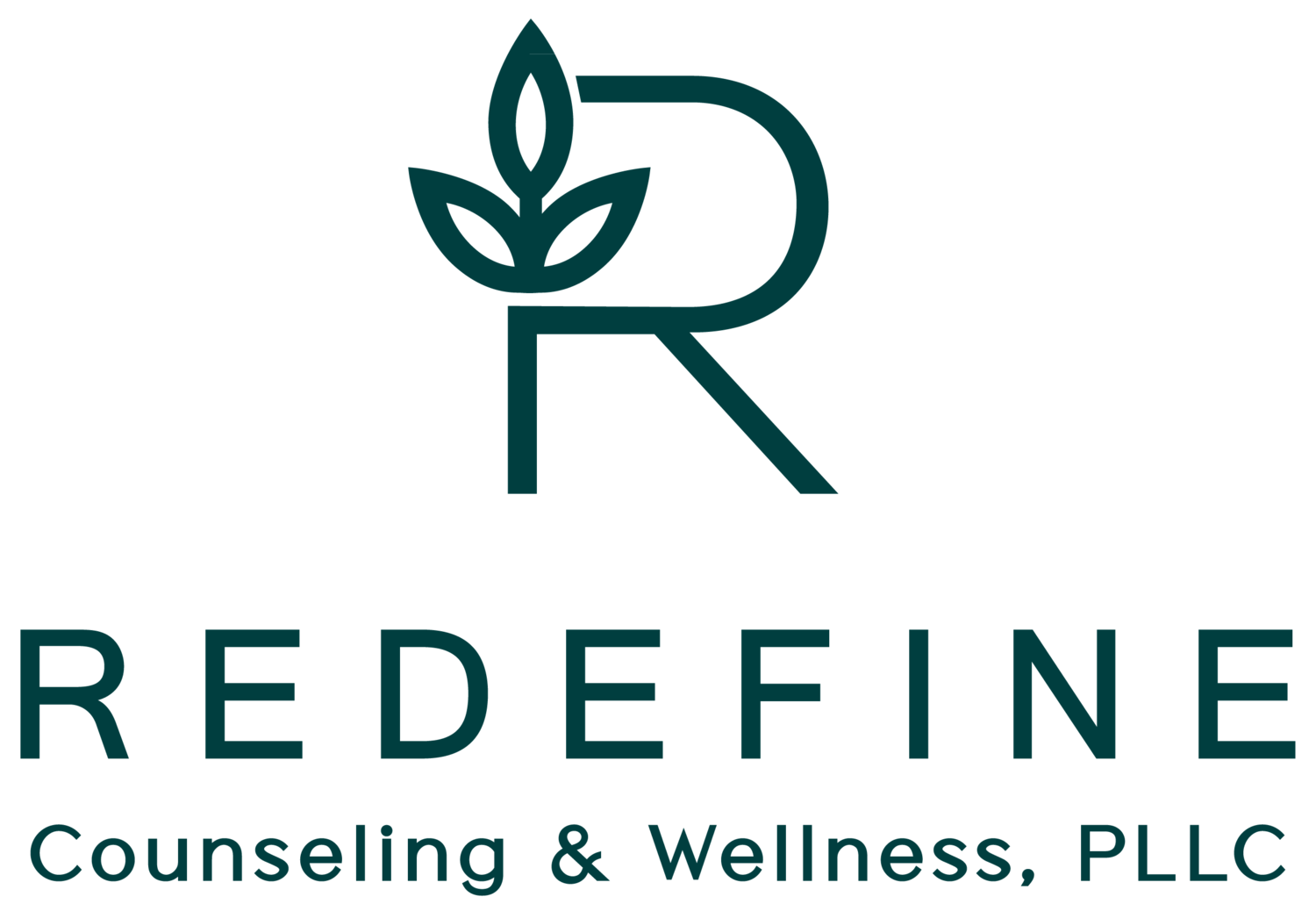What is EMDR?
Eye Movement Desensitization and Reprocessing (EMDR) is an effective, research-based treatment which reduces the psychological and physiological effects of adverse life experiences or trauma as well as helps improve performance and overcome barriers to progress.
Resources to learn more about EMDR: EMDR BasicsWhat is involved in an EMDR session? Learn about the 8 phases of treatmentIntroductory video about EMDRExperts discuss the benefits of EMDR treatmentEMDR clients share their storiesAn EMDR therapist shares her experience
Research supporting the effectiveness of EMDR: “Twenty-four randomized, controlled trials support the positive effects of EMDR therapy in the treatment of emotional trauma and other adverse experiences relevant to clinical practice.Seven of 10 studies reported EMDR therapy to be more rapid and/or more effective than trauma-focused cognitive behavioral therapy.Twelve randomized studies of the eye movement component noted rapid decreases in negative emotions and/or vividness of disturbing images, with an additional 8 reporting a variety of other memory effects.Numerous other evaluations document that EMDR therapy provides relief from a variety of somatic complaints.Research and frequently asked questions about EMDR from the EMDR, Institute, Inc.
What is trauma?
The experience of trauma isn’t limited to car accidents or combat. If you have been through any of the following, you may be experiencing the impact of complex or relational trauma…A cold and distant parent, a parent who left, or an otherwise emotionally immature parentA parent who made you their friend and confidant rather than their childA family member being incarcerated or suffering from addictionA medical admission or emergency, even as an infantA difficult or physically painful birth or infant lossPhysical or sexual abuse as a child or adultPremature sexualizationBeing bulliedAdoption… and many others unique to your experience
“Simply, [trauma] is what happens to a person when there is either too much too soon, too much for too long, or not enough for too long.” - Duros & Crowley
What does trauma look like?
Everyone has had experiences which leave them confused, unsure, and maybe even feeling stuck. Have you considered your difficult experiences have shaped you and how they affect your life today?
Here are some things you may be noticing as a result of relational or complex trauma:
It is difficult to understand, and especially explain, how you are feeling
People say you have a “short fuse” or are quick to become angry
It takes a lot of time and solid evidence for you to trust someone; maybe you don’t trust anyone
It is difficult to emotionally connect to your partner, children, or friends
You often feel like a “doormat” or that people can get whatever they want from you even if it hurts you in some way
Being out of control of your environment makes you feel anxious and/or frustrated.
Elevated voice levels or conflict make you want to run, hide, or escape the situation
If someone you care about is unhappy, it is your job to make them feel better
You generally feel pretty bad about yourself, like you’re worthless, not as good as other people, or have something wrong with you
It feels uncomfortable when others want to touch, hug, or otherwise connect with you physically
Vulnerability is not an option
Any experience which leaves you feeling mentally lost and emotionally drained can be form of trauma that affects your ability to function day-to-day.


